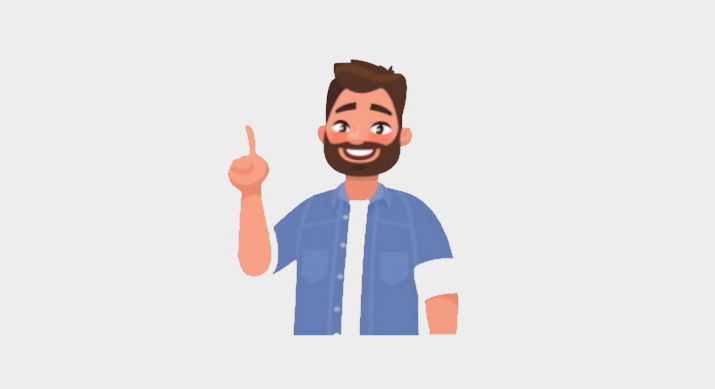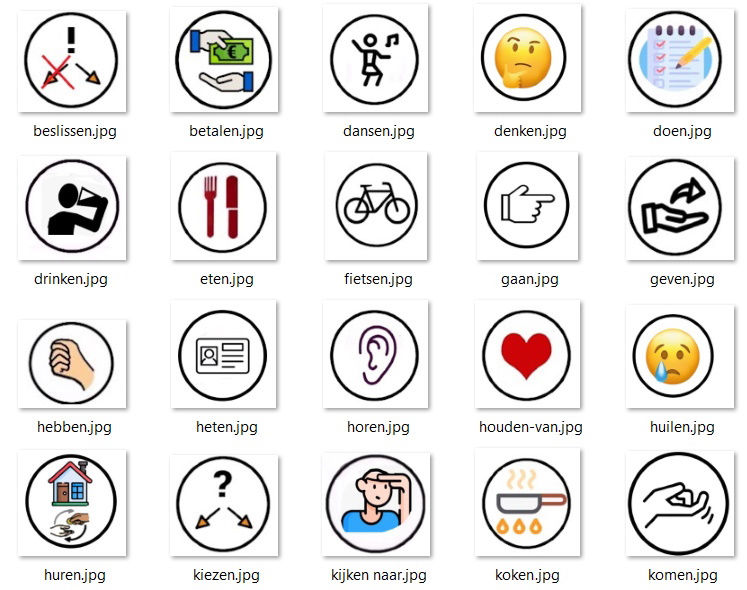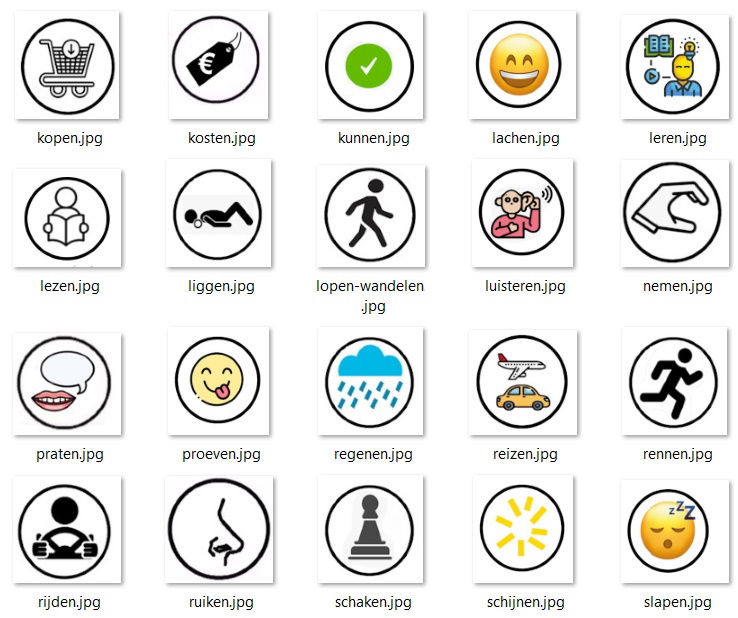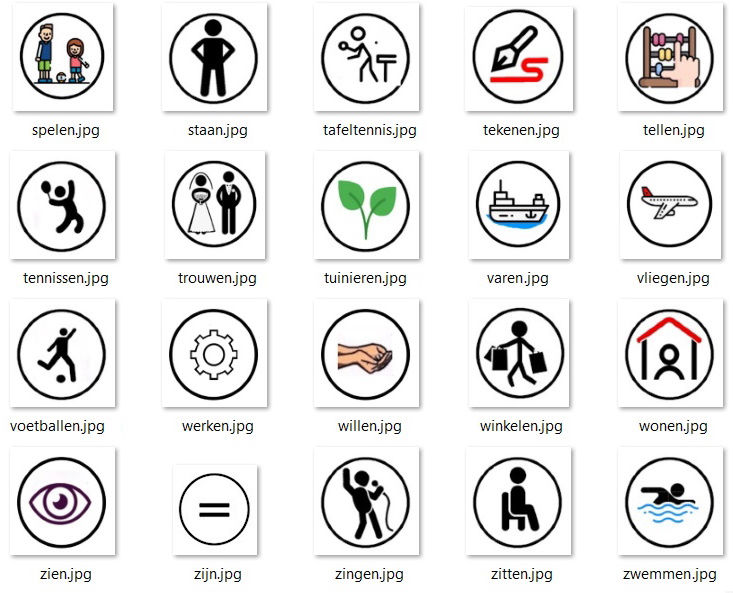
Other essential verbs
In addition to the verbs "to be" (zijn), "to have" (hebben), and "to want" (willen), there are several other essential verbs in Dutch that beginners should focus on. These verbs are crucial for everyday communication and form the foundation of many sentences. Here are some of the most important ones:
To do/make (doen/maken):
"Doen" and "maken" are both important for expressing actions and creating things. For example, "I do my homework" (Ik doe mijn huiswerk) and "I make dinner" (Ik maak het avondeten).
To go (gaan):
"Gaan" is essential for talking about movement and travel. For example, "I go to school" (Ik ga naar school).
To come (komen):
"Komen" is used to talk about arriving or coming to a place. For example, "I come home" (Ik kom thuis).
To see (zien):
"Zien" is used for visual perception. For example, "I see a bird" (Ik zie een vogel).
To know (weten/kennen):
"Weten" is used for factual knowledge, while "kennen" is used for familiarity with people or places. For example, "I know the answer" (Ik weet het antwoord) and "I know her" (Ik ken haar).
To say (zeggen):
"Zeggen" is essential for speaking and communicating. For example, "I say hello" (Ik zeg hallo).
To think (denken):
"Denken" is used to express thoughts and opinions. For example, "I think it's good" (Ik denk dat het goed is).
To feel (voelen):
"Voelen" is important for expressing physical and emotional states. For example, "I feel happy" (Ik voel me blij).
To like (houden van):
"Houden van" is used to express likes and preferences. For example, "I like chocolate" (Ik hou van chocola).
To need (moeten/nodig hebben):
"Moeten" is used for necessity or obligation, and "nodig hebben" is used for needing something. For example, "I need to go" (Ik moet gaan) and "I need help" (Ik heb hulp nodig).
Focusing on these verbs will provide a solid foundation for beginners, enabling them to form a wide variety of sentences and communicate effectively in Dutch.


